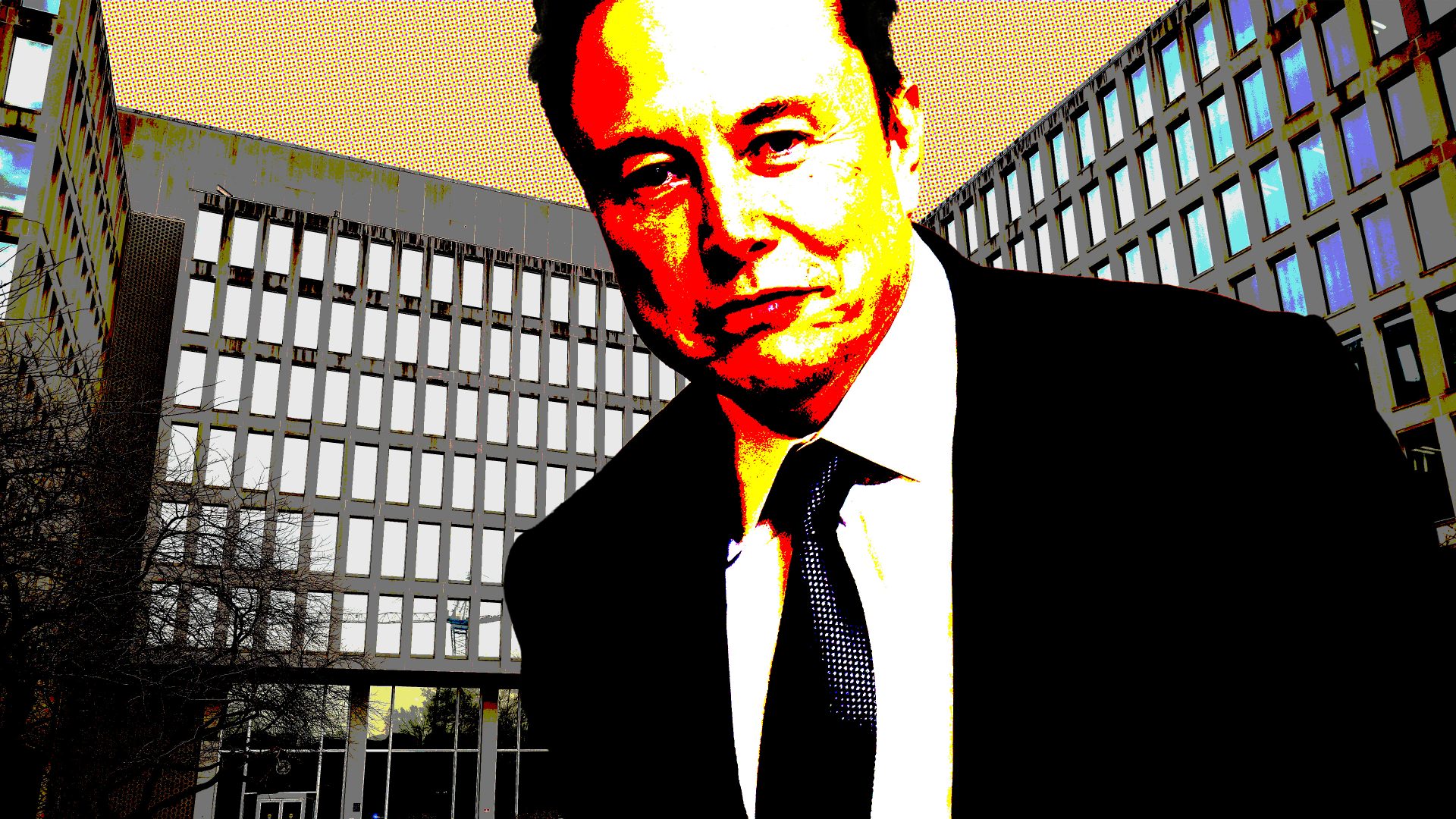Creative destruction reigns in Washington as Elon Musk attempts to seize control of the federal government, including the Office of Personnel Management, Treasury Department, and General Services Administration. As Waleed Shahid has argued, “If this were Pakistan, Chad, or Venezuela, the headlines wouldn’t hedge: A billionaire oligarch seizes control, dismantling democracy in real time.”
For the economic populists and nationalists who helped propel Trump to victory, Musk’s ascension to grand vizier is not a welcome sight. The billionaire entrepreneur is notably indifferent if not hostile towards immigration controls, greater support for workers and parents and anti-trust actions – the very ideas that they champion.
As Oren Cass, founder of American Compass, which is dedicated to incubating a working class conservatism remarked last summer, “Musk’s track record on labour is awful. Of course, the same goes for Musk on China, seeing as he sold the US down the river with his willing transformation of Tesla into a Chinese company.” The contradictions inherent in this coalition would make for excellent theatre if the effects were not so potentially destructive.
The two ascendent factions of the American right may advance fundamentally different economic and social visions, but both reject neoliberal economic orthodoxies about free markets and the role of the state. On the one hand, you have the traditionalists who have coalesced around the National Conservatism movement helmed by the Israeli-American political theorist, Yoram Hazony.
NatCon has become an umbrella for the global right and made significant inroads with figures including Viktor Orbán, Suella Braverman, Nigel Farage, and several US Senators – most notably, vice president, J.D. Vance. Thinkers in this world sometimes sound more like Wolfgang Streeck than Milton Friedman, rebuking the degrading effects of capitalism on families and communities and calling for states to intervene.
The engineers, on the other hand, represent the triumph of instrumental reason in our new century. They fetishise efficiency and understand the democratic state as an impediment to the sort of “progress” they desire. For devotees to what the philosopher Curtis Yarvin calls turbocapitalism – wherein maximizing profit depends on seizing the state apparatus – invocations of laissez-faire are notably absent.
They have given up the libertarian lie that business can thrive without the state and are far more interested in conquering it, not just via regulatory capture, but by directing economic and industrial policy and positioning their preferred firms as national champions. This is not the free market but the patronage market.
It is still too soon to say which faction will emerge victorious. What is clear, however, is that the neoliberal world order inaugurated by the Reagan and Thatcher revolutions is being dismantled from the right, the victim of its own success.
That’s because everywhere they have been embraced, and to a degree corresponding with their social penetration, neoliberal policies have created a crisis of legitimacy for democratic states. This has driven people into the arms of anti-establishment demagogues who are willing to recognise the status quo as degraded and unsustainable, even as they drive us toward something even worse. To grapple with this fact means acknowledging that there is no hope of “returning to normal.”
Dr Suzanne Schneider is Visiting Fellow at Kellogg College, Oxford, and Deputy Director of the Brooklyn Institute for Social Research in New York
READ MORE: Trump is both a symptom and a cause Dr Leslie Vinjamuri
READ MORE: Trump is no isolationist by Dr Ian Lesser
READ MORE: Trump’s boom-bust economy by Dr Jacob Funk Kirkegaard
READ MORE: How Europe can lead in the age of Trump by Andrew Graham











